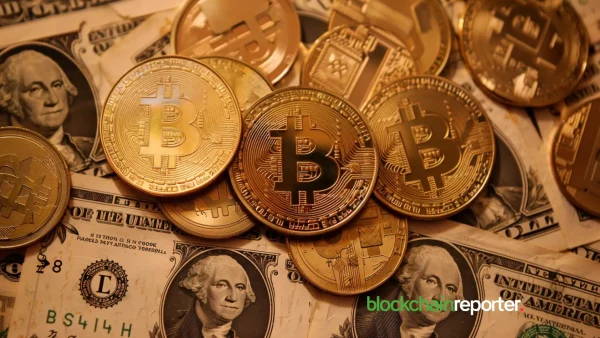
In the latest and welcoming advancement, the South Korean government has decided to delay the idea of virtual assets’ taxation until January 2025 (almost 18 months). As per reported by Newsis, the possible reason behind this decision is to provide relief to crypto enthusiasts as the government is having an eye on the current market situation. Traders can use this duration to prepare themselves for the tax rate that will now be charged from January 2025 onwards.
This tax was originally supposed to be implemented from January 2023 according to the ‘2022 Tax Reform Bill’ but now the government has suddenly taken a U-turn from its decision and provided relief. The community has welcomed this decision and many took to social media platforms to give expression to their excitement. They received a sigh of relief and appreciated the decision.
Determinant Factors
The South Korean government has cited the absence of an investor protection system as the primary reason behind the delay of the proposed taxation. Investors from all over the world suffered losses as a result of the Luna crash a couple of months ago. The government has observed that the local exchanges took different measures as compared to the worldwide exchanges and as a result, the investors in Korea had to face huge losses. The current market situation has also been provided as a reason behind the delay in taxation. As a result of the current crypto winter, the prices of Bitcoin and Ethereum stumbled below $18k and $900 marks respectively.
New Plan
Remember that the taxation decision has been deferred only and not suspended permanently. From the beginning of 2025, a hefty 20% tax will be charged on all virtual assets-related income to which the basic deduction of 2.5 won will be applied. The main target of the government will be the income earned by transferring, lending, and staking cryptos such as tokens and stablecoins. If we count the months till the start of 2025, the delay will be for 18 months exactly.
The tax that will be charged from 2025 will be charged under the ‘Digital Asset Framework Act’. The government has already initiated serious work on legislation in this regard. The South Korean government will have a close eye on the upcoming virtual assets-related report by the US that will be uncovered in October 2022.
History of Taxes Imposed on Virtual Assets
A tax on virtual assets is nothing new nowadays when some countries are banning crypto payments and mining. Russia banned the use of cryptocurrency assets as a payment method less than a week ago. Before this, the Indian Finance minister had suggested a 30% tax on crypto assets which is even more than South Korea’s proposed tax. Italy, Canada, and the US are already charging a 10-20% tax on cryptocurrencies and related assets such as non-fungible tokens (NFTs).
Showing an entirely opposite behavior towards cryptocurrencies, some countries have announced to levy no additional tax on crypto to encourage investors. These countries include Belarus, El Salvador, Singapore, and Switzerland.








